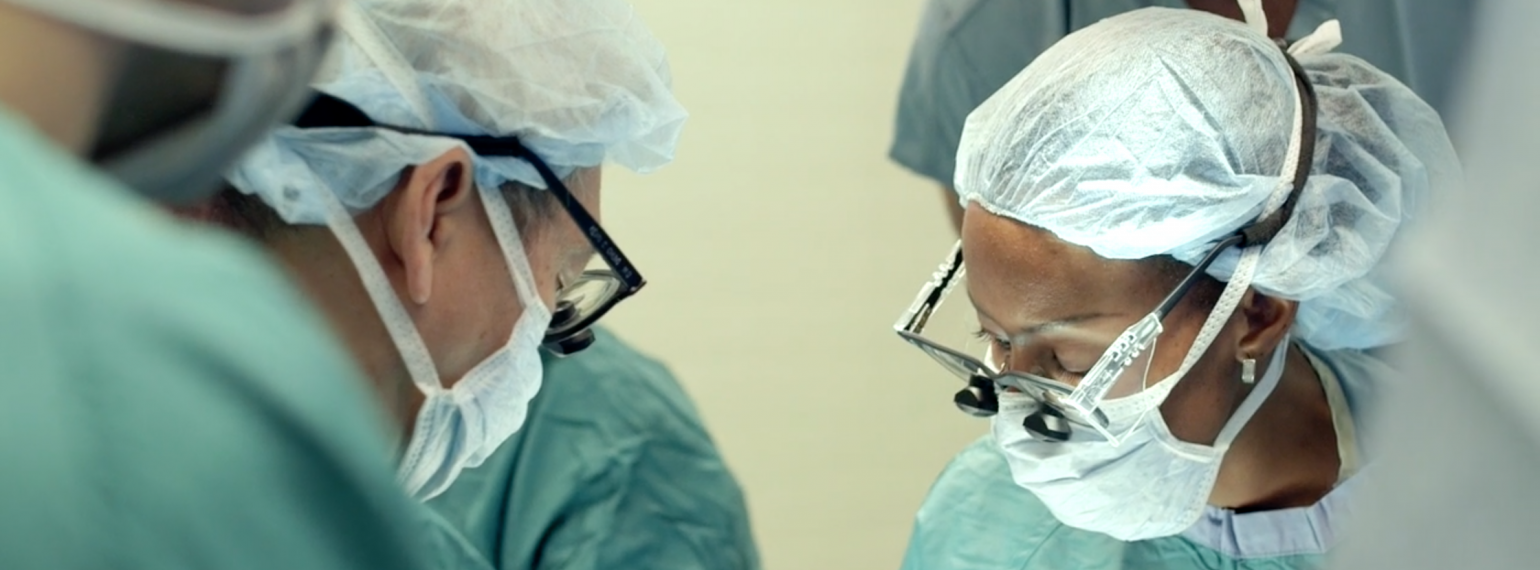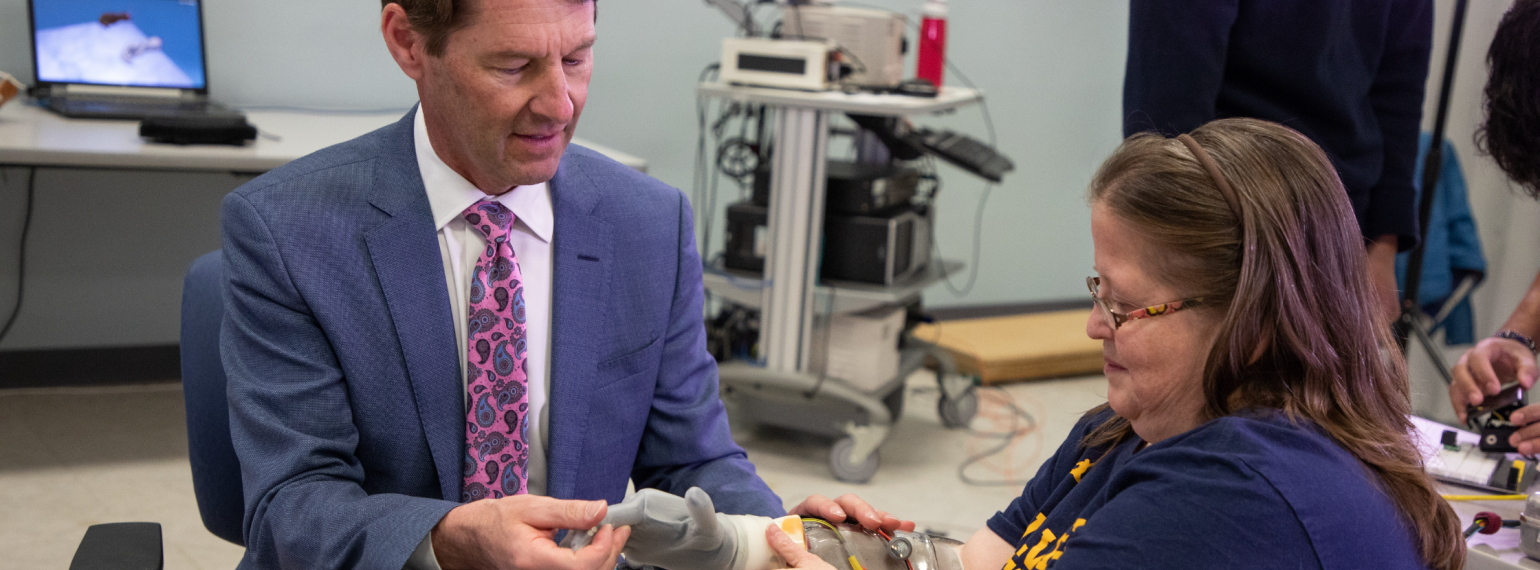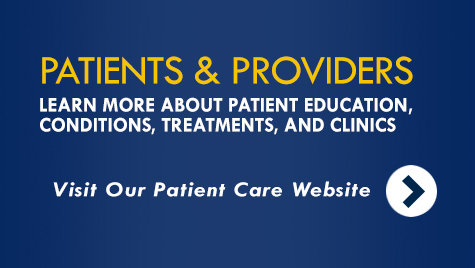The Section of Plastic Surgery at Michigan Medicine is one of the largest divisions of its kind in the country. In our busy and rewarding practice, we provide skilled, team-based care for a high volume of both outpatient procedures and major operations.
Leaders in Plastic Surgery
Learn more about our work:
Clinical Strengths
We have extensive depth and breadth in multiple specialties, including cleft lip and palate and craniofacial surgery; hand surgery, including treatment of congenital conditions and rheumatoid arthritis. We have a highly regarded reconstructive program which helps to treat patients with congenital anomalies and functional deficits following trauma or cancer operations. Our singular focus on excellence is demonstrated in all of our programs.
Training
Our training programs begin at the undergraduate level and extend to advanced fellowships. At each stage, we invite trainees to learn side-by-side with faculty who are international leaders as well as great teachers. We provide graduate medical education through an integrated plastic surgery residency program, and we offer a craniofacial surgery fellowship and a hand surgery fellowship in addition.
Research
Plastic surgery research at Michigan focuses on improving the quality of surgical outcomes in order to restore patients’ quality of life. Our research efforts include: development of prosthetic limbs that allow patients to control a device through nerve signals; studying patient outcomes following mastectomy reconstruction; and understanding the biology of bone in order to enhance healing.
The Michigan Promise
The Michigan Promise is a commitment to support each individual faculty member and resident in the Department of Surgery. The Michigan Promise initiatives focus on six different areas of impact: environment, recruitment, leadership, achievement, innovation, and outreach. The initiatives in each of the six areas of impact aims to empower faculty members and residents to achieve their professional goals.





